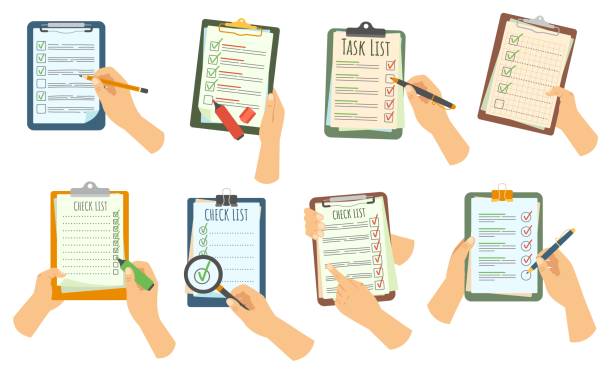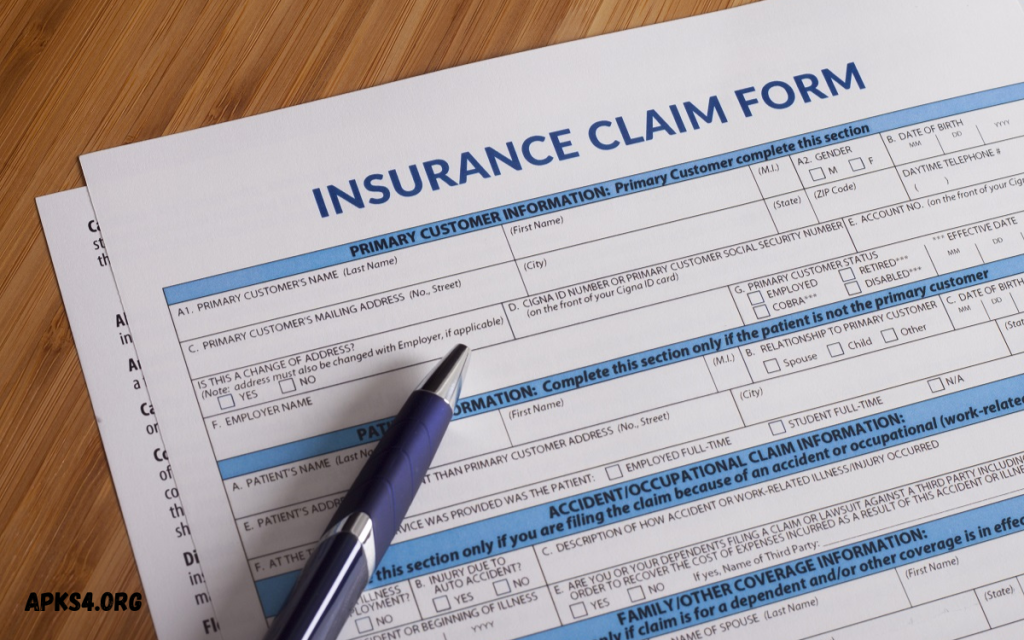How to File an Insurance Claim 2025: Filing an insurance claim is the process through which a policyholder seeks compensation or reimbursement for a covered loss under their insurance policy. This could involve various types of insurance, such as health, auto, home, life, or property insurance. When an incident occurs, it is covered under the terms of the insurance agreement—whether it’s a car accident.
The process typically begins with notifying the insurance provider about the incident as soon as possible. It is crucial to provide accurate details and necessary documentation, such as police reports, medical bills, or photographs of the damage. Once the claim is filed, the insurance company evaluates the details to determine the extent of the coverage and whether the claim meets the policy’s conditions.
Understanding the claims process, knowing the required documentation, and keeping track of deadlines is essential for a smooth and timely settlement. The goal is to ensure that the policyholder receives the appropriate compensation for the damages or losses they have sustained.
Understanding Your Insurance Policy
The first step in filing an insurance claim is to fully understand your insurance policy. It’s crucial to read through the terms and conditions carefully to know what is covered and what is not. Your policy outlines the coverage limits, exclusions, and the claim process, all of which are essential for a successful claim submission.
Preparing an Incident Report
In the event of a loss, you should begin by preparing a detailed incident report. This report must be submitted to your insurance company and should include specific information such as the time, location, and description of the incident. Ensuring that the report is clear and accurate is key to a smooth claims process.
Preparing a List of Required Documents

Certain documents are necessary to file an insurance claim. These typically include your policy details, the incident report, proof of loss or damage, and any other relevant paperwork. The exact documents required can vary by insurer, so it’s essential to check with your insurance company for any specific requirements.
Contacting the Insurance Company
To start the claims process, you must contact your insurance company. Have you done sober and incident information reading to help speed up the process?
Filling Out the Claim Fwillm
Your insurance company will provide a claim form that you must complete. This form will ask for your personal information, policy details, and specifics about the incident. It is essential to fill it out carefully and accurately, as errors may delay or affect the approval of your claim.
Submitting Proof of Loss or Damage
To support your claim, you will need to submit proof of the loss or damage you have incurred. This could include the incident report, photographs, receipts, or invoices. Such documents help substantiate your claim and demonstrate that the loss or damage is legitimate.
Adjuster’s Visit and Inspection
In some cases, an insurance claims adjuster will be assigned to inspect the incident. The adjuster evaluates the damage and prepares a report. You’ll need to cooperate fully with the adjuster, providing any necessary details to aid in their evaluation.
Read Also: How to Use Social Media Marketing to Grow Your Brand
Monitoring the Claim Status
Once your claim is submitted, it’s essential to keep track of its progress. Insurance companies typically provide updates about the status of your claim. Stay responsive to any requests for additional documents or information to ensure timely processing.
Reviewing the Settlement Offer
The assessed value of your loss. Your expectations, you can accept it. If the offer seems insufficient, you may negotiate for a higher settlement.
Payment Process and Timing
The insurance company will issue payment. Depending on the company, the payment process can take a few weeks. Be sure to confirm that you’ve received the payment once it arrives.
Dispute Resolution Process
You can initiate a dispute resolution process. This involves formally lodging a complaint with the insurance company and following their grievance redressal procedures.
Claim Appeal Process
If the dispute resolution doesn’t lead to a satisfactory outcome, you can appeal the decision. This process allows for a review by higher authorities or an ombudsman. During the appeal, provide thorough documentation and evidence to support your case.
Documentation and Record Keeping
Proper documentation and record-keeping are essential throughout the claims process. They should be taken, as they may be needed for future reference or if a dispute arises.
Tips for Future Claims
For future claims, keep a few tips in mind to streamline the process. Regularly review your insurance policy, ensure your documentation is up to date, and respond promptly to any requests or updates from your insurer. This proactive approach can make the claims process more efficient and effective.
Frequently Asked Questions
Do I need to hire a lawyer to file an insurance claim?
Generally, you do not need a lawyer to file an insurance claim unless the claim is large or there is a dispute over the settlement. In such cases, consulting a lawyer may be helpful.
What happens if my claim is denied?
If your claim is denied, review the reasons for denial provided by the insurance company. You can appeal the decision, seek clarification, or provide additional evidence to support your case.
Can I appeal a claim settlement offer if I think it’s too low?
Yes, if you believe the settlement offer is too low, you can negotiate with the insurance company or appeal the decision. It’s important to provide supporting evidence for your position.
Will my insurance premiums increase after filing a claim?
Filing a claim can potentially lead to higher premiums, especially if the claim is large or if it’s your first claim. However, the impact on premiums depends on the type of policy and the insurance company.
What should I do if my insurance company is taking too long to process my claim?
If your claim is delayed, follow up with your insurance provider for updates. If the delay is unreasonable, you can file a complaint with the company or seek assistance from a regulatory authority.
Conclusion
That allows policyholders to seek compensation for covered losses or damages. To achieve a successful claim, it is crucial to have a clear understanding of your insurance policy, gather the required documentation, and follow the correct procedures, such as reporting promptly and completing forms accurately.

